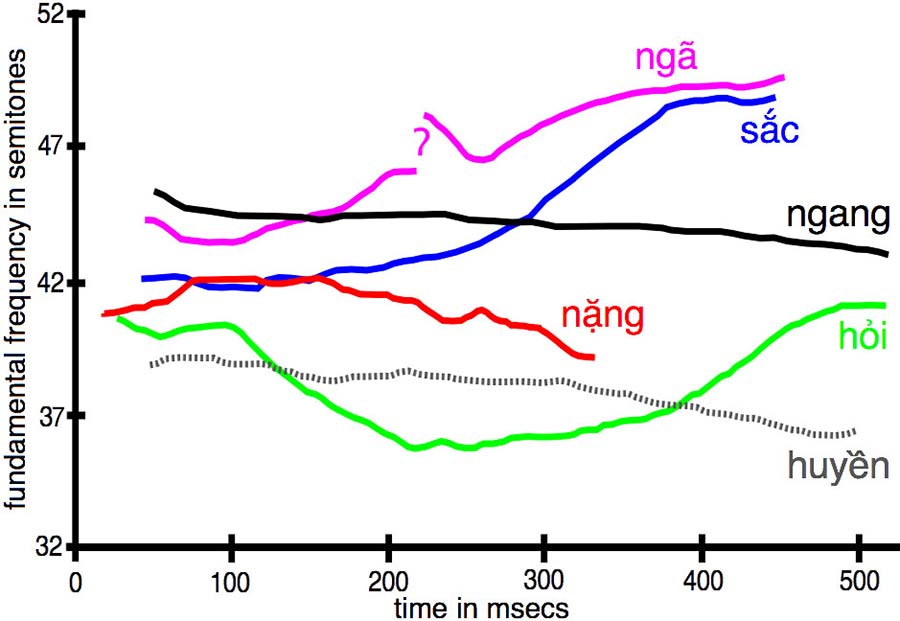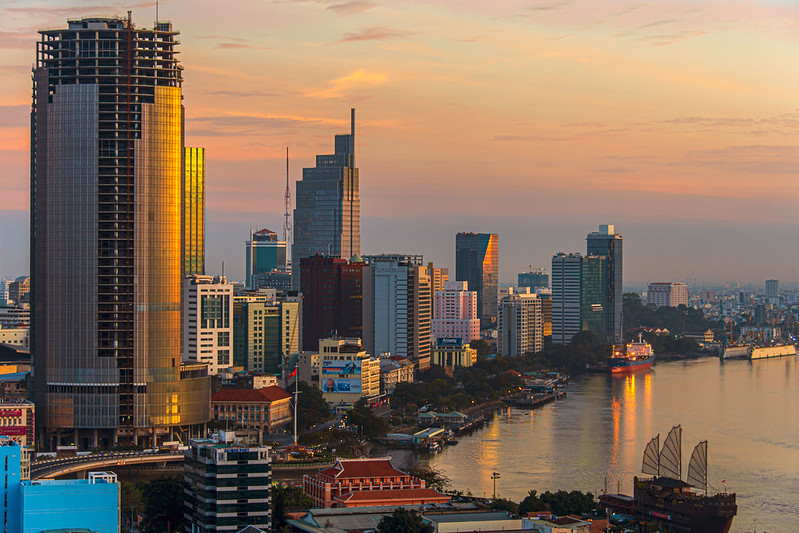Method and cost of establishing a Vietnamese company (establishing a local corporation)
table of contents
Trends in establishing a company in Vietnam (Japanese / foreign-affiliated)
Japanese companies expanding into Vietnam
In recent years, due to Vietnam's cheap labor force, talented young people, and tax incentives by the Vietnamese government, Japanese companies and foreign-affiliated companies whose parent company is Japan are conspicuously expanding into Vietnam. Among foreign-affiliated companies, the countries that have a strong presence are Japan, South Korea, and Taiwan.
Among them, Japanese-owned Japanese companies are well known among Vietnamese, and they also know about manufacturing and software from JICA (Japan International Cooperation Agency), which is famous for metro construction, major city banks, general trading companies, and construction industry. Has been done. Similarly, major conglomerates are expanding into South Korea and Taiwan. It will continue to be an attractive overseas expansion destination for Japanese companies.
Considering the establishment of a local corporation
For foreign-affiliated companies (including Japanese companies)The most popular forms of establishment in Vietnam are limited liability companies (LLC) and corporations (JSC).is. The shareholding ratio by foreign capital of Vietnam can be 100% in most industries (with some capital restrictions). It is possible to make a joint venture with a Vietnamese domestic company, but in many cases, a local subsidiary in Vietnam will make it a subsidiary funded by the parent company.
Organizational form of Vietnamese company
Vietnam's organizational structure is divided into four types: limited liability companies, joint-stock companies, representative offices, and branches.
Limited Liability Company (LLC)
LLC is the most common form of legal entity in Vietnamis.
Although it is suitable for small and medium-sized enterprises (SMEs) because it requires only one founder, it cannot be listed in Vietnam.Acting as a for-profit company with high social credibility while keeping maintenance costs downIt is suitable for expanding sales channels in Vietnam.
On the other hand, if you have no plans to make sales in Vietnam and there is no possibility of sales in the future, another organizational form is an option.
Co., Ltd. (JSC)
JSCRequires 3 investors and is recommended for medium and large enterprisesWill be done.
The process of establishing a legal entity is a more stringent requirement, and the schedule for completing registration is often delayed. If the listing criteria are met, listing in Vietnam is possible.
Representative office (RO)
The feature of RO isUnable to make profits, only for local market researchThat is what it is supposed to be.
Commercial activities are not possible in the RO form.
The contract form can be implemented with a legal representative to a lawyer.
Branch (BO)
The branch officeAs the base of the parent company, carry out commercial and profit activities of the parent company and record profitsI can do it.
On the other hand, it should be noted that the branch office is not an independent and separate legal entity, and the responsibility lies with the parent company.
How to establish a company (establish a local corporation)
- When considering establishing a company in Vietnam, foreign-affiliated companies (including Japanese companies) must obtain an investment registration certificate (IRC) from the Ministry of Planning and Investment (DPI).
- You need to obtain a corporate registration certificate (ERC). This is a certificate (a copy of the registry) of all corporate history items in Japan. As with the copy of the register, the description includes the corporate number, trade name (company name), head office (address of the head office), date of establishment of the company (company establishment date), etc.
- Proceed with the tax registration process with your investment registration certificate (IRC) and corporate registration certificate (ERC). We will pay the business license tax (business registration tax) and contribute the capital at the time of establishment.
The characteristics of each tissue type are shown in the table below.
Differences in organizational form (table)
* Please note that there is a minimum capital requirement depending on the license.
Limited Liability Company (LLC)
Co., Ltd. (JSC)
Representative office (RO)
Branch (BO)
nature Ideal for small and medium-sized enterprises (SMEs)
Limited liability only for investment amount
Not listedMedium to large companies
Limited liability by stock
Can be listedNon-profit activities only
Easy to establishCommercial activities are possible
Base of parent company
Responsible for the parent company
Investment 1 founderPossible from
Established by 2 to 50 peopleAt least 3 shareholders
No limit on the number of shareholdersDo not take stock form
Do not take stock form
Many small businesses
work visa 〇 〇 〇 〇
Capital No capital requirements No capital requirements
No capital requirements
No capital requirements
advantage Limited liability only for investment amount
Easy to establish than JSC
Can receive investment
High social reputation
Limited liability for stock face value only
Shares can be freely transferred
Can be listedNo tax burden
Easy to close
Also, in order to obtain approval from the Planning and Investment Bureau, about 30,000 USD is required for the IT and service industries.
Support work for company establishment and necessary documents
We support the establishment of a company based on the Vietnamese company law (Uni-President Enterprises Law).
In order to establish a company/corporation in Vietnam, it is important to understand the Vietnamese company law and related laws and regulations.
Contents of company establishment support
We will carry out all the necessary procedures before we can start the business.
We support contracts for rental offices, preparation of corporate registration applications, application to the tax office after obtaining IRC and ERC, and opening a bank account. The price list below is the price system when all are included.
We are resident in Vietnam and guide you to offices and factories on a daily basis, so I think we can introduce you to properties that you are satisfied with. for example,Keep costs as low as possible with licensing requirements in mindIt is also possible.
⇒Suzuki Real Estate Rental Office Special Page
⇒Member introduction (Suzuki)
Required documents
- Passport of the representative of the local corporation
- Articles of Incorporation of Local Corporation
- Company employee list (two-person limited company)
- Rental agreement
- Materials on investors and shareholders
articles of incorporation
passport
Bank balance proof
Financial statements for the last two terms
Register (certification of historical matters, etc.)
Merits of requesting establishment of a company
・Procedures that comply with Vietnamese law
・Reduction of risk of delay in establishment schedule
・ Smooth communication with Vietnamese authorities
Schedule for establishing a company in Vietnam
Procedure contents Required number of days
Regulatory / licensing survey
5 days
Determination of establishment form, capital, company name
3 days
Registration address / office selection
3 days-4 weeks
Preparation of required documents
2-3 weeks
Obtaining IRC (Investment Registration Certificate)
4-8 weeks (depending on government response)
Application for ERC (Company Registration Certificate)
2-3 weeks (depending on the government's response)
Public notice of national information website
Creating a company seal
Opening a bank account1 month
Cost of establishing a company
Established a local corporation
Fee (VAT not included)-
IT company 3000USD ~
-
Construction industry 3600USD ~
-
Manufacturing industry 4000USD ~
Registration change
Fee (VAT not included)-
Corporate address change 400USD
-
Change of representative 400USD
-
Addition of business license 1800USD

Representative office
Establishment of corporation
Registration change

From 500USD
Monthly bookkeeping material creation
Corporate income tax return
VAT filing
Personal income tax return

Information on audit procedures
Explanation of audit report

Japanese test 1st grade
Correspondence of professional interpreters with more than 10 years of experience
